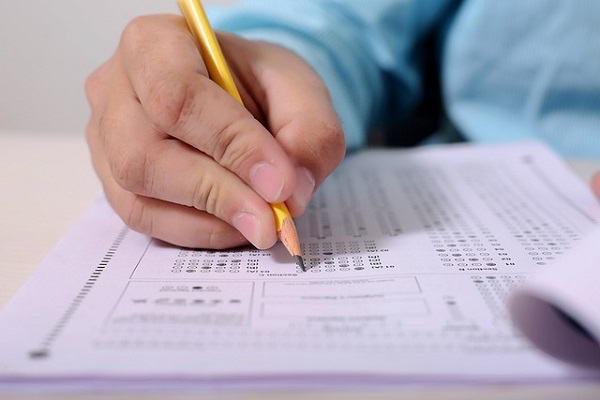 Credit: Pixabay
Credit: Pixabay
With schools resuming classes after the summer break, Chronicle.lu has prepared a short series of articles about education in Luxembourg.
Next up is a look at secondary education.
Students aged twelve and up can work towards obtaining their Luxembourgish diploma (classical or general education), vocational training diplomas, their European or International Baccalaureate or British or French qualifications (also German-Luxembourgish), depending on the school.
For English-language secondary education in Luxembourg, there are various options, both public and private; here they are listed according to the curriculum and diploma offered.
Luxembourgish Baccalaureate
The main strength of the Luxembourgish secondary school system is its languages. The public system is divided into classical and general secondary education. At the end of primary education, teachers and parents generally agree on the type of secondary school ("lycée") students will attend. Classical school students work towards getting their Luxembourgish diploma (i.e. school leaving certificate), whilst general school students can opt for either the diploma or vocational training. In classical secondary schools, most subjects are taught in German in the lower years before switching to French in the upper years.
International Baccalaureate (IB)
Another option is the International Baccalaureate (IB), which is offered at the following state-run public schools: Athénée de Luxembourg, a classical lycée (and IB school since 2010) offering the IB in English; Lycée Technique du Centre (LTC), a general lycée (IB school since 2008) offering the IB in French; Lycée Mathias Adam (LMA; IB in French; IB school since 2024).
The following private schools offer this qualification: the International School of Luxembourg (ISL) (IB in English; IB school since 1994) and the Waldorf School of Luxembourg (mainly in French; IB school since 2004), which exclusively offer the IB; Over The Rainbow (ORT) International School (IB in English/French; IB school since 2020), where students can work towards either an IB or US High School diploma.
European Baccalaureate (EB)
To obtain the European Baccalaureate (EB), students can attend one of two European schools: European School Luxembourg I in Kirchberg (the oldest official European school, founded in 1953) or European School Luxembourg II in Mamer. Students whose parents work for the European institutions (or a related organisation) for at least one year are exempt from paying school fees.
Moreover, an increasing number of state-run (public) international schools offer the EB: École Internationale de Differdange & Esch-sur-Alzette (EIDE); Lënster Lycée International School (LLIS) in Junglinster; École Internationale Mondorf-les-Bains (EIMLB); Lycée Edward Steichen International School in Clervaux (LESC); École Internationale Mersch Anne Beffort (EIMAB); École Internationale Gaston Thorn (EIGT) in Luxembourg-Merl (secondary).
GCSE, AS and A-level qualifications
The fee-paying (private) St George's International School Luxembourg exclusively follows the National Curriculum of England and Wales, allowing students to sit their international GCSEs and later A-levels.
The state-funded (public) Lycée-International School Michel Lucius (LML) offers both the Luxembourgish curriculum and an English-language international stream leading to Cambridge international GCSE, AS and A-level qualifications.
Other
French-language schools include Vauban, École et Lycée Français de Luxembourg and École Privée Notre-Dame Sainte-Sophie. German-Luxembourgish education is available at the Schengen-Lyzeum Perl, located just over the border in Germany.
There are also boarding school options in Luxembourg, for example at the public international school EIMAB (European school system) or at various accredited "Internats" (mainly) for public school students. And the Sportlycée in Luxembourg-Cents offers boarding for circa 50 secondary level children whose academic subjects are taught around their sports training schedules that span various disciplines.
Alternatively, parents may opt to homeschool their children (under certain conditions).








